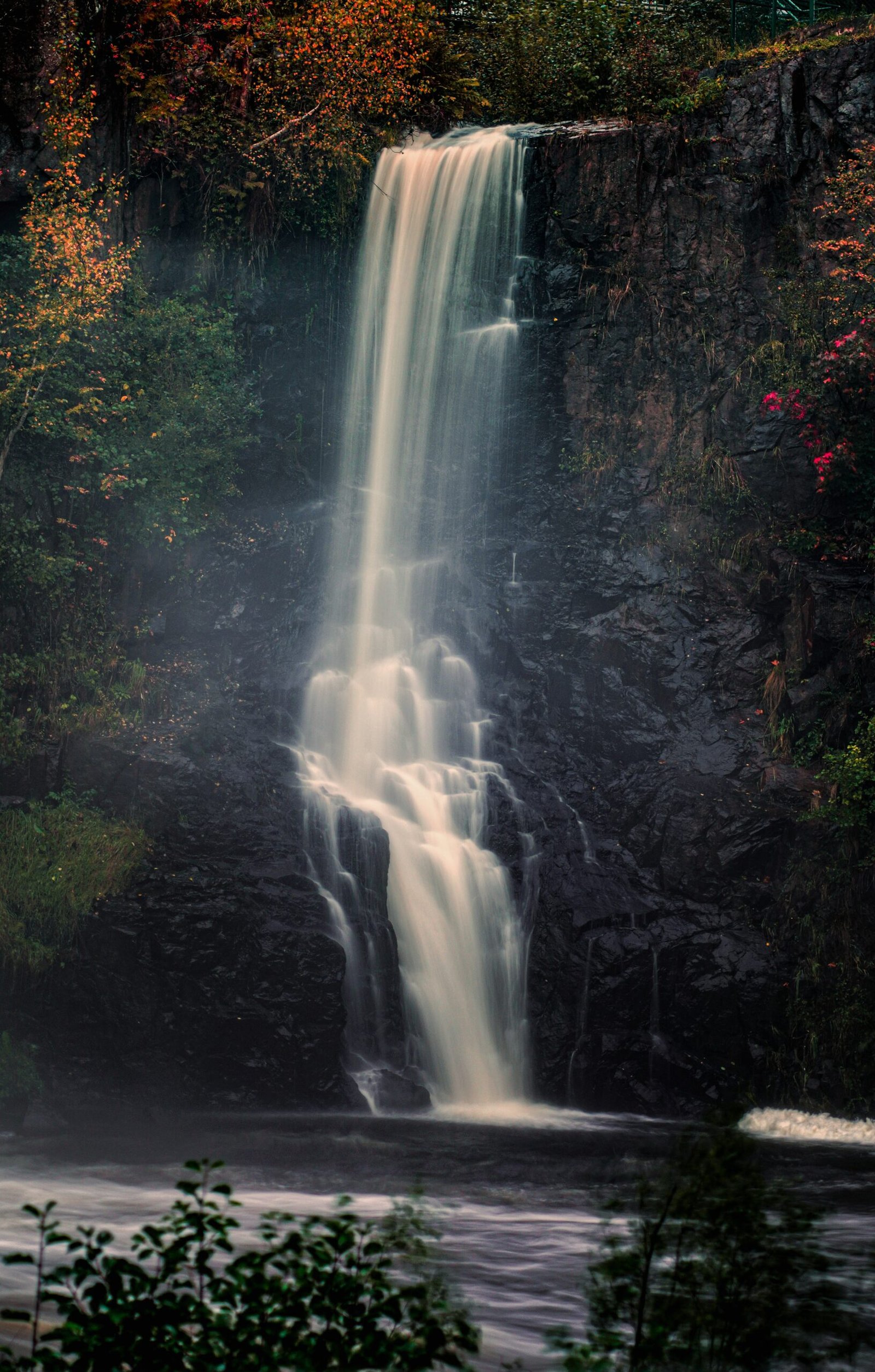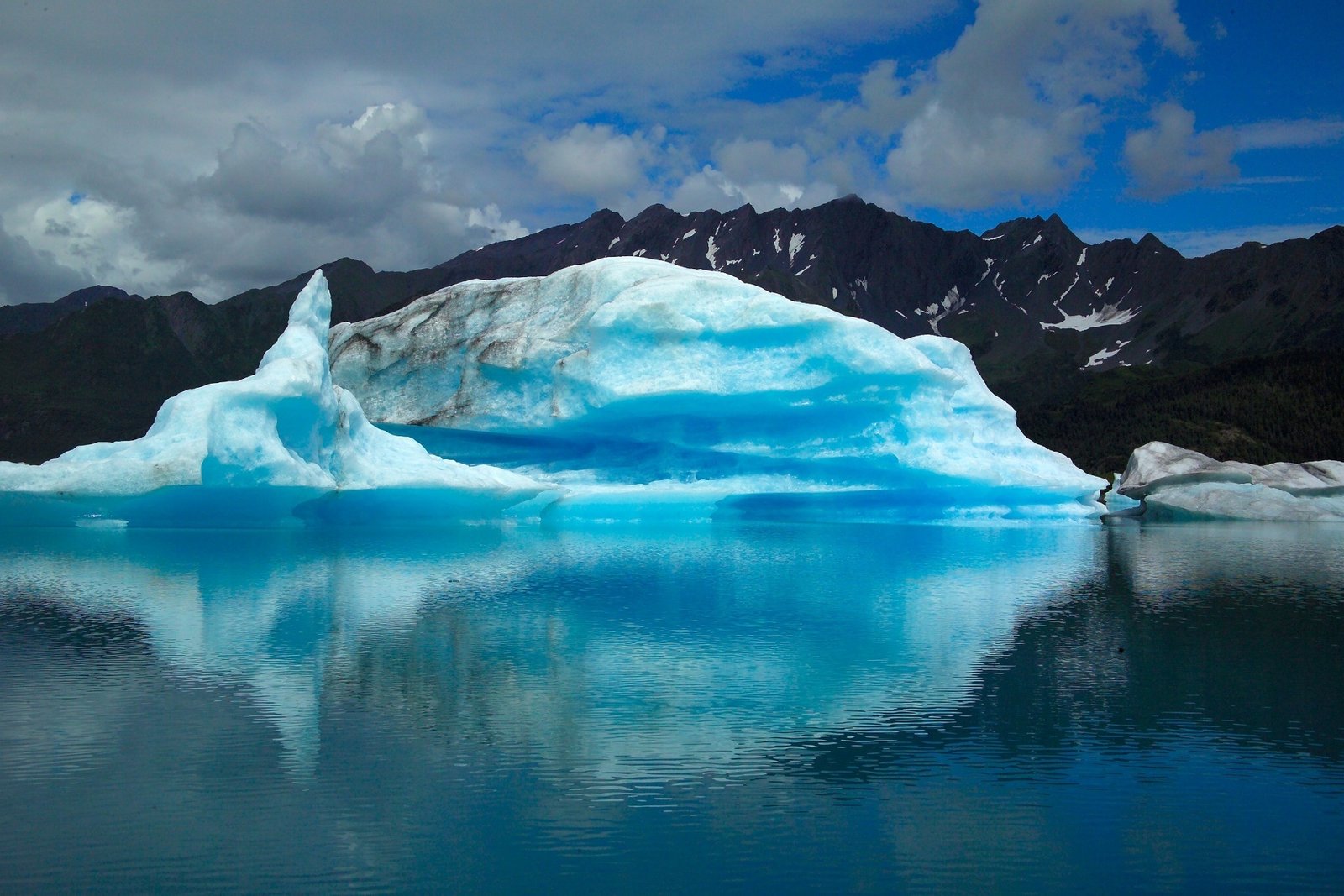
Manokotak, Alaska
Imagine a secluded, tight-knit community nestled amidst the breathtaking landscapes of Alaska – that’s Manokotak, Alaska. This small Arctic city, located on the western coast of the state, exudes a sense of tranquility and adventure. Surrounded by rugged mountains, shimmering lakes, and the vastness of the tundra, Manokotak offers its residents a unique blend of natural wonders and cultural heritage. From traditional subsistence activities to spectacular wildlife encounters, this Alaskan gem has it all. Step into the enchanting world of Manokotak, where nature’s beauty and community spirit converge in harmony.
Geography
Location
Manokotak is a small city located in the southwestern part of the state of Alaska. Situated along the banks of the Nushagak River, it lies about 25 miles northeast of Dillingham, the regional hub. The city is surrounded by vast wilderness, with breathtaking landscapes and abundant wildlife.
Climate
Manokotak experiences a subarctic climate characterized by long, cold winters and mild summers. Average temperatures during the winter months range from -10°F (-23°C) to 20°F (-6°C), while summer temperatures vary between 50°F (10°C) and 70°F (21°C). The area receives a generous amount of precipitation throughout the year, primarily in the form of snow during the winter months.
Natural Features
Manokotak boasts stunning natural features that attract outdoor enthusiasts from across the globe. The city is nestled between the Nushagak River and the Wood River, both of which provide excellent opportunities for fishing and boating. The surrounding wilderness is dotted with picturesque mountains, deep forests, and pristine lakes, creating a haven for outdoor recreation.
History
Early History
The earliest history of the Manokotak area dates back thousands of years when indigenous people, particularly Yupik Eskimos, inhabited the region. These native communities relied heavily on fishing, hunting, and gathering for their subsistence. The area’s abundant natural resources and strategic location along the rivers made it an ideal place for settlement and trade.
Establishment of Manokotak
The modern-day city of Manokotak was officially established in 1946 as a community school site. Over the years, the city grew as more people relocated to the area for employment opportunities and a chance to experience the rugged beauty of Alaska. Today, Manokotak serves as a vibrant community with a strong sense of pride in its history and cultural heritage.
Recent Developments
In recent years, Manokotak has witnessed some noteworthy developments aimed at improving the quality of life for its residents. The city has invested in infrastructure projects, such as road improvements and the expansion of public services. Additionally, there have been efforts to promote sustainable tourism and diversify the local economy, ensuring the long-term growth and prosperity of the community.

Demographics
Population
As of the latest census data, Manokotak has a population of approximately 450 residents. The community is tight-knit and closely connected, fostering a strong sense of belonging among its inhabitants. The population size allows for close relationships and a deep sense of community spirit.
Ethnicity
Manokotak has a diverse ethnic makeup, with a significant percentage of the population identifying as Yupik Eskimos, the indigenous people of the region. Additionally, the city is home to individuals from various backgrounds, contributing to the multicultural fabric of the community.
Languages
English is the primary language spoken in Manokotak, serving as the lingua franca for communication among residents and in public services. However, Yupik, an Eskimo-Aleut language, is also spoken by many community members, further enhancing the preservation of the indigenous heritage and cultural identity.
Economy
Main Industries
The economy of Manokotak revolves around a few key industries that harness the region’s natural resources and traditional practices. Fishing plays a crucial role, with salmon being the prized catch. Commercial and subsistence fishing provide employment opportunities and contribute to the local economy. Additionally, the city has a growing tourism sector, attracting visitors to experience the authentic Alaskan wilderness.
Employment
The primary sources of employment in Manokotak are fishing, both commercial and subsistence, and positions within the local government. Many residents work in the fishing industry, either as crew members on fishing boats or in fish processing plants. The city also offers employment opportunities through public services such as education, healthcare, and administration.
Transportation
Given its remote location, transportation in and out of Manokotak is mainly facilitated through air and water. The local airport provides regular flights to and from nearby towns, while boats and riverboats are used for transportation along the rivers. The city is not connected to the road network, making air and water travel the primary means of accessing Manokotak.

Education
Schools
Manokotak is served by a school system that focuses on providing quality education to its residents. The city’s elementary and middle school offers education from kindergarten through eighth grade, ensuring that children receive a strong foundation in their academic journey. The school emphasizes cultural preservation and integration, nurturing a sense of pride in the community’s heritage.
Higher Education
For higher education, residents of Manokotak have access to Dillingham, where the University of Alaska offers a range of academic programs. Distance learning initiatives and scholarships support students from Manokotak in pursuing higher education while maintaining connections to their hometown.
Healthcare
Medical Facilities
Manokotak has a medical clinic that provides essential healthcare services to the community. The clinic is staffed by healthcare professionals who offer primary care, emergency services, and preventive health programs. While the clinic provides basic medical services, more specialized healthcare may require travel to larger medical facilities in nearby towns.
Health Services
In addition to the medical clinic, Manokotak focuses on promoting wellness and preventive care through various health services. The community actively engages in health education programs, emphasizing healthy lifestyles, nutrition, and traditional practices that contribute to overall well-being.

Culture
Traditions and Customs
Manokotak’s rich cultural heritage is celebrated through its traditions and customs. The city takes pride in its indigenous roots, and Yupik Eskimo traditions are woven into the fabric of daily life. Ongoing efforts to preserve and revitalize traditional practices, such as storytelling, dance, and subsistence activities, help maintain a strong sense of cultural identity within the community.
Arts and Crafts
Artistic expression plays a significant role in Manokotak’s culture, with local artisans showcasing their talents through a variety of mediums. Traditional Yupik crafts, such as carving, basket weaving, and beadwork, are highly regarded, representing the community’s artistic legacy. These unique pieces serve as a way to connect with visitors and share the beauty of Manokotak’s cultural heritage.
Festivals and Events
Manokotak hosts various festivals and events throughout the year, offering residents and visitors a chance to celebrate and immerse themselves in the local culture. The Nushagak River Salmon Run Festival is one of the highlights, showcasing the importance of salmon to the community through fishing competitions, traditional dances, and delicious culinary experiences. Other events include storytelling gatherings, cultural showcases, and seasonal celebrations.
Outdoor Recreation
Hunting and Fishing
Manokotak’s natural surroundings provide ample opportunities for outdoor enthusiasts to engage in hunting and fishing activities. The area is renowned for its salmon runs, attracting anglers from near and far. In addition to fishing, hunting is a popular traditional activity, with opportunities to pursue game such as caribou, moose, and waterfowl. These recreational activities not only provide sustenance but also strengthen the deep connection between the community and the land.
Hiking and Camping
For those who appreciate the pristine beauty of Alaska’s wilderness, Manokotak offers a gateway to stunning hiking and camping experiences. The rugged mountains, dense forests, and scenic trails beckon adventurers to explore the untouched landscapes. Whether embarking on day hikes or multi-day backpacking trips, visitors can immerse themselves in the natural wonders that surround the city.
Boating and Kayaking
With its prime location along the Nushagak and Wood Rivers, Manokotak is an ideal destination for boating and kayaking enthusiasts. The calm waters and picturesque surroundings create a serene atmosphere for leisurely paddling or thrilling boat rides. Exploring the waterways allows visitors to witness the abundance of wildlife and the unique landscapes that make Alaska truly remarkable.
Government
Local Administration
Manokotak operates under a local government system comprised of elected officials who oversee the management of the city. The local administration focuses on providing essential services, maintaining infrastructure, and addressing the needs of the community. Residents actively participate in the decision-making process, ensuring that their voices are heard and their interests represented.
Public Services
Manokotak takes pride in offering a range of public services to cater to the needs of its residents. These include education, healthcare, law enforcement, and waste management, all aimed at maintaining a high standard of living. The city coordinates with regional and state agencies to ensure that essential services are accessible and of the utmost quality.
Tourism
Attractions
Manokotak holds numerous attractions that captivate visitors with its natural beauty and cultural heritage. The annual salmon run draws fishing enthusiasts who revel in the thrill of catching prized Chinook, Sockeye, or Coho salmon. Wildlife viewing is another popular attraction, with the opportunity to spot majestic creatures such as bears, eagles, and migratory birds in their natural habitats.
Accommodation
For tourists seeking to experience the charm of Manokotak, accommodation options include cabins, lodges, and bed and breakfast establishments. These cozy retreats allow visitors to immerse themselves in the serene surroundings while enjoying comfortable amenities and breathtaking views. Staying in these accommodations enables guests to experience firsthand the warmth and hospitality of the local community.
Tourist Activities
Beyond fishing and wildlife viewing, Manokotak offers a range of tourist activities to engage visitors of all interests. Cultural immersion experiences provide opportunities to learn about Yupik traditions, participate in storytelling sessions, and witness traditional dance performances. Outdoor enthusiasts can partake in guided hiking tours, kayaking expeditions, or even try their hand at dog sledding during the winter months. These activities allow visitors to create lasting memories while gaining a deeper understanding of the unique allure of Manokotak.
In conclusion, Manokotak, Alaska, is a hidden gem that showcases the natural beauty, rich heritage, and vibrant culture of the state. Situated in a picturesque setting, the city offers a multitude of outdoor recreational opportunities, from fishing and hunting to hiking and kayaking. The community takes pride in its multiculturalism, with a strong focus on preserving indigenous traditions and customs. With its warm hospitality and range of tourist activities, Manokotak welcomes visitors to experience the authentic Alaskan spirit while creating unforgettable memories.
